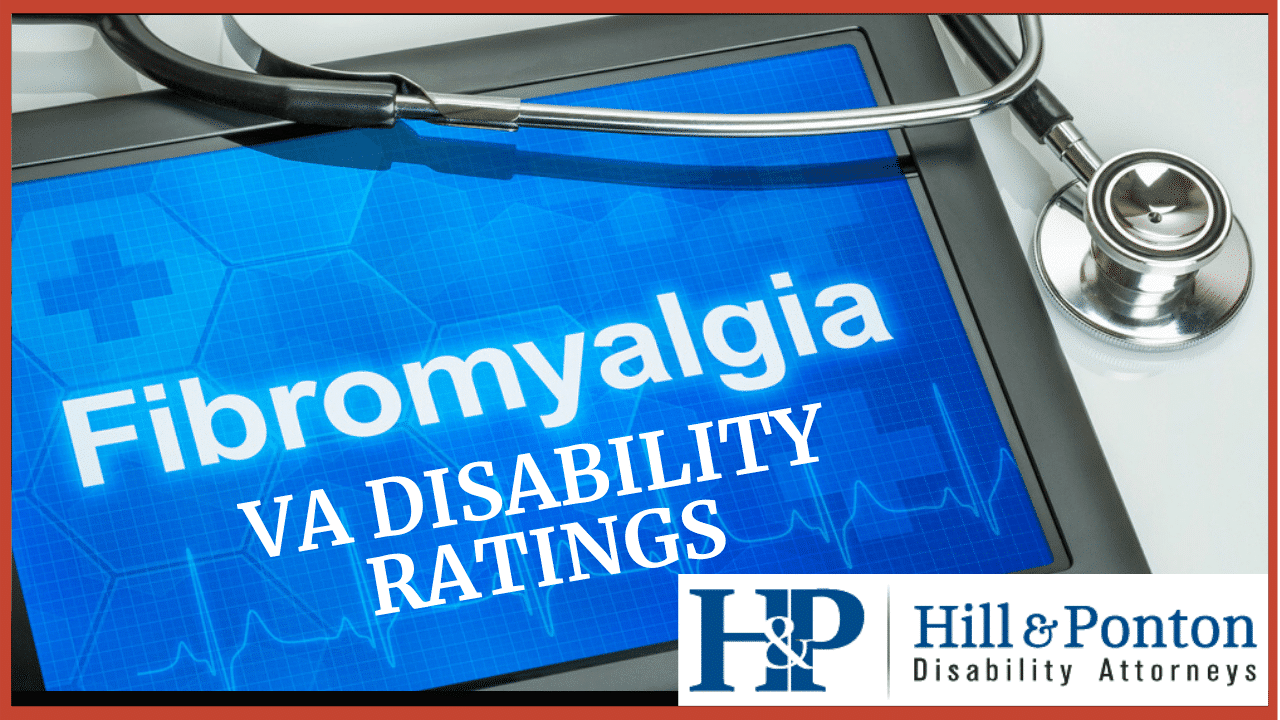Our American heroes—past and present Servicemembers who suffered unspeakable physical and mental injuries for the sake of our country—have long struggled to compensate for their conditions by waging war against the VA. In an effort to make amends for the gauntlets that they forced veterans through in their attempts to obtain benefits, the VA finally began ordering extensive studies on the health conditions which veterans incurred in service. Studies on Vietnam, Thailand and Korea, some 40 or 50 years after veterans served in these countries, finally brought some justice to this now-aging population. As a result of these studies, Congress issued regulations which established presumed service-connection for fourteen different conditions (under qualifying circumstances). These regulations have immensely aided veterans in obtaining the benefits that they so richly deserved and, often, so desperately needed.
Gulf War Illnesses
However, veterans of a more recent era are now running up against a new VA wall. These are veterans of the Gulf War, which began on August 2, 1990 and is still in progress. These veterans were—and are still—exposed to a whole new host of health hazards that have not yet been wholly explored. The VA has made efforts to identify—and discredit where at all possible—potential health risks for past and present Gulf War Servicemembers. Accordingly, Congress has established several presumptions for Gulf War veterans. These include:
- Chronic Fatigue Syndrome
- Fibromyalgia
- Function gastrointestinal disorders
- Undiagnosed illnesses
- Various Infectious Diseases
These are just the tip of the iceberg. While the “Undiagnosed Illnesses” category seems to be a generous green card to just about anything a Servicemember might contract overseas, this is sadly not the case. “Undiagnosed Illnesses” are quantified by symptoms which may include but are not limited to: abnormal weight loss, fatigue, cardiovascular disease, muscle and joint pain, headache, menstrual disorders, neurological and psychological problems, skin conditions, respiratory disorders, and sleep disturbances.
Diabetes & Depression
Did you notice that the list does not include diabetes?
Here is why. In November 2008, the Research Advisory Committee for Gulf War Illnesses “found no examples in the scientific literature where factor analysis of health symptoms in a general population sample, as typically used in Gulf War studies, has ever identified either a well-known chronic disease, like diabetes, or a completely new syndrome.” In fact, the Committee took great pains to prove this point on several separate occasions in the November 2008 publication.
Interestingly enough, multiple studies have linked the development of diabetes with depression and PTSD. The association is a reasonable one. It is no secret that veterans returning from deployment often report symptoms of depression or PTSD that began while they were overseas. A study in 2004 notes that “respondents to [the] survey who had been deployed to Iraq reported a very high level of combat experiences, with more than 90 percent of them reporting being shot at and a high percentage reporting handling dead bodies, knowing someone who was injured or killed, or killing an enemy combatant. Close calls, such as having been saved from being wounded by wearing body armor, were not infrequent. Soldiers who served in Afghanistan reported lower but still substantial rates of such experiences in combat.”
A 2010 study points out a very intriguing connection between mental conditions and diabetes. This study specifically studied combat veterans who had been deployed to Afghanistan and Iraq in the early 2000’s. The purpose of this study was to examine the incidence of and risk factors for diabetes mellitus among US service members. “Abnormalities of the hypothalamic-pituitary-adrenal axis,” states the study, “have been reported in both pre-diabetes and diabetes, as
demonstrated by excess cortisol production. This study cited another researcher who proposed that stressful experiences activate the hypothalamic-pituitary axis, leading to excessive cortisol production, central body fat distribution, insulin resistance, and associated metabolic abnormalities.” The study also mentions that “individuals with PTSD frequently suffer from sleep disorder and shorter sleep duration, both of which have been found to be risk factors for type 2 diabetes.”
In contrast with other studies, the 2010 study found a correlation between PTSD and diabetes, but not depression and diabetes. An earlier 2005 study, however, did find a positive correlation between depression and diabetes. The study notes that the “onset of depression may result in increased weight gain (as a result of the disorder or in relation to antidepressant treatment) and decreased self-care measures such as exercise. People with depression are more likely to
abuse alcohol and smoke cigarettes compared with individuals without depression. These behaviors can potentially
increase the risk of developing type 2 diabetes.” The researchers of this study concluded that younger people with a history of depression have a greater risk of developing type 2 diabetes than people who have never been depressed. In fact, the statistics of the study showed a significant finding that the increased risk of developing diabetes lies mainly in people between the ages of 20-50, while the onset of depression occurs between ages of 20-30.
In summary, Gulf War veterans who return from deployment could possibly have a higher risk of diabetes due to the onset of post-deployment PTSD and depression. As there is no presumption for diabetes as of yet, a medical opinion linking diabetes to depression and/or PTSD would be beneficial to a veteran pursuing this claim through the VA benefits system.


